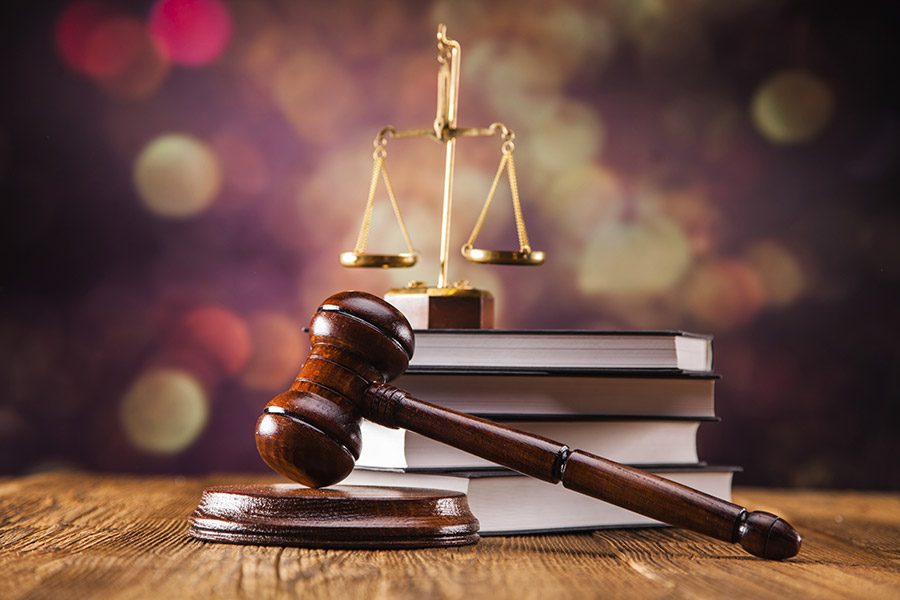
Responsibilities of a Paralegal in a Deposition: Is It Right for You?
According to the Bureau of Labor Statistics, the paralegal job outlook is projected to change from 2019 to 2029, with a much faster growth rate average of 4%. In various ways, a paralegal can help a public defender, especially in legal matters and procedures subpoenaing an individual for testimony, or in this case, a deposition.
They are responsible for a wide range of tasks. Thus, finding a firm with professionals trained to schedule and manage all legal video needs, booking, and other out-of-town depositions such as court reporting is ideal.
If you want to pursue a career in this field, check out these paralegal skills you need to master.
Table of Contents
Assist in Finding Relevant Cases
The research stage is where paralegals need more time, as it could run anything from a few weeks to months or even longer. A paralegal’s task entails locating comparable and related cases. These scenarios are subject to filing and can be used during the questioning.
Paralegals can access the law firm’s resources and those accessible at state and local law libraries. They’ll create copies and write summaries to show the attorneys what they’ve discovered.
Assist in Issues That May Arise
A paralegal’s responsibility is to help their lawyer prepare hearings, briefings, and closings. A significant portion of this involves completing legal research and assembling pertinent material for the case. This process entails gathering information on the details of the matter and locating applicable statutes, judicial judgments, and legal papers.
The paralegal aims to collect and analyze material before preparing a detailed report for the attorney to decide how to proceed with the case. Frequently, paralegals are also involved in the development of client presentations.
Since depositions are most commonly used in civil proceedings, a paralegal will examine the case, do thorough research and collaborate with the attorney to resolve the concerns. Additionally, they can also assist in locating material that contradicts some of the witness’s statements, such as previous involvement in a similar case.
Assist in Preparing Your Witnesses
One of the primary tasks for paralegals is to assist with witness preparation. Many of the persons summoned to testify in an examination have no prior experience nor training in a courtroom. Thus, the paralegal must detail why the lawyer summoned the individual and how they would be helpful in the data gathering.
They clarify why the deposition is held in the office rather than the courtroom and why the individual may be called to testify. In the days preceding up to the questioning, paralegals can also assist witnesses in remaining calm.

Assist in Controversies Regarding Testimonies
In some court proceedings, paralegals are tasked with assisting a lawyer in disputing a witness’s testimony. For example, suppose a witness declares that they don’t know the alleged suspect or communicated with them even after committing the crime. In that case, the legal team could bring up the paralegal’s findings proving the testimony was false.
Both the defense and the prosecutors can utilize the sworn testimony to cross-examine witnesses and obtain evidence used in court at a subsequent time. It is among the most crucial steps of the legal process, and it could happen in various cases.
Assist with Client Interview
Another critical aspect of becoming a paralegal is conducting interviews. The attorney gathers information about the client’s legal issues. Although the first client conference is usually not run by a paralegal, they are frequently present to watch the interrogation and take notes to conduct follow-up interviews.
They are also responsible for outlining the testimony conducted and providing a copy for the lawyer.
Assist in Gathering and Preparing Legal Documents
Drafting legal documents takes up a significant portion of a paralegal’s day which entails preparing letters and filings with numerous parties, such as lawsuits, summons, hearings, deposition notifications, preliminary orders, and affidavits. Thus, paralegals must have expertise in written communication.
Before a case, paralegals will conduct extensive study and preparation. They’ll make a set of questions for the lawyer to ask and documentation demonstrating the evidence that has already been gathered. Lawyers may utilize exhibits created by paralegals to illustrate eyewitness accounts were when the incident occurred. They are well compensated for their efforts, with a typical annual pay of more than $50,000, depending on the state.
Along with these responsibilities, paralegals are also required to do administrative duties such as filing paperwork, making a phone call, and keeping and structuring reference files. They are often in complete control of their attorney’s calendar and spend a hefty amount of time phoning clients, lawyers, witnesses, experts, and court staff to plan examinations, briefings, meetings, court proceedings, and trials.
Overall, a paralegal’s most vital attribute is professionalism. Paralegals worldwide have advocated for the profession’s formal recognition. Understanding the value of moral and legal abilities assists you to flourish in fulfilling your duties.


